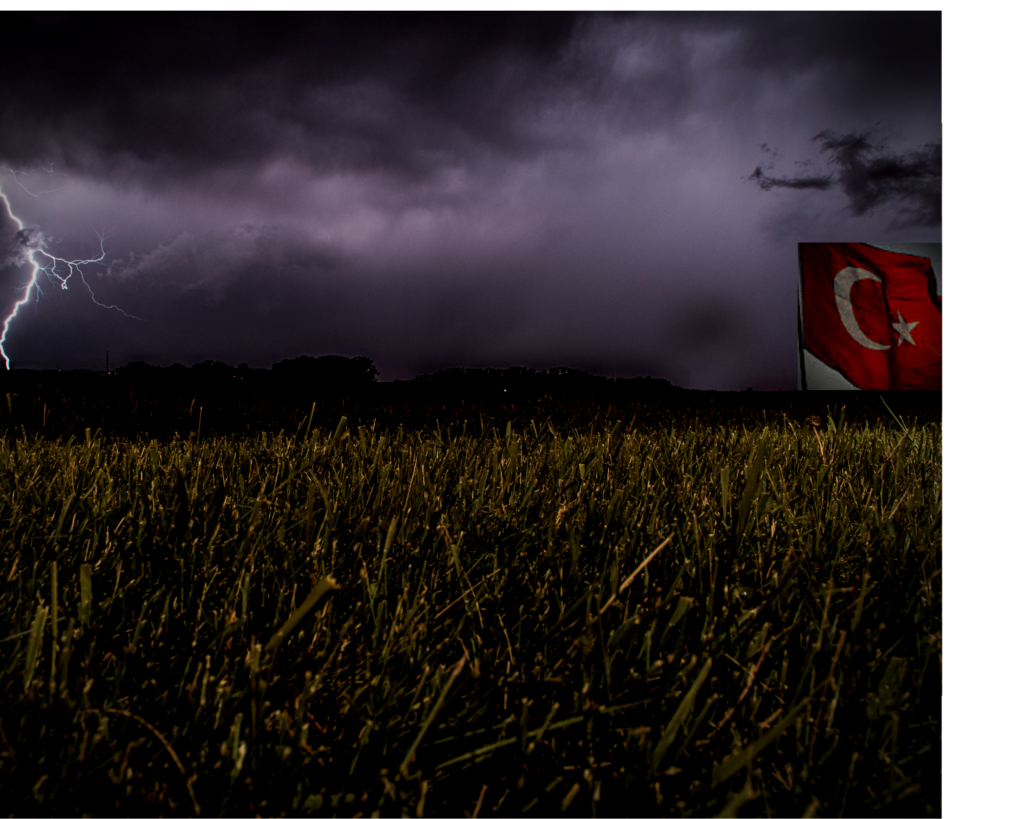Dark times in Turkey seem to be getting worse and worse. Economic contraction and worsening financial conditions have put undue strain on its people. The government’s approach to deal with these problems is far from sufficient. Actually, the Turkish government is compounding the economic and social issues with inept and unorthodox policies.
What is the Turkish government doing?
- Increasing taxes at a time when people have less money
- Electricity, natural gas, telephone, tobacco, alcohol, gas, car….
- Freezing bank accounts of people who owe debts and taxes. This was done overnight without any notice. It affected millions of accounts.
- Cutting the interest rates so people can access more debt. Loans have many fees and taxes attached so credit is expensive. Is more debt the solution?
- More government spending (Budget deficits) Hopefully, the funds are directed in the right places.
- Invading Syria to secure a buffer zone was expensive. This zone will be used to relocate Syrian refugees from Turkey. However, the costs associated with this may exceed $27 billion actually hurting the Turkish economy more. In addition, this may create a destabilizing effect in the region. As a result, more money for security and defense related expenditures.
- Stabilizing the inflation rate (ranges 8.5% to 25%). The rate has decreased, but mainly because of falling demand and seasonal adjustments.
- Putting politics in front of the economy and its people. Using taxpayer funds for elections and political purposes.
- Increase in nepotism and cronyism. Contracts are awarded to friends/family, sometimes with no competitive bidding. No oversight or audits in the government. Also, favorable lending terms at state banks for “friendly” companies.
- More restrictions on financial information. The government is trying to restrict speculating and free media. Therefore, people can’t make rational financial decisions.
- Financial support for “zombie” companies that never turn a profit while at the same time not supporting new companies.
- Stalling financial tactics like reclassifying loans to manipulating the accounting system. Thus, less foreign investment flows in to the country. Also “zombie” companies continue to lose money.
Furthermore, the government is contemplating additional real estate and income taxes . As a result, more people will have less disposable income.
In general, these policies are barely working. It seems that many of the above policies are tailored towards a select group rather than the whole country. Consequently, dark times in Turkey will continue.
What are the economic and social effects?
- High unemployment at 14% officially
- High underemployment and many stopped looking for work.
- Stagnant wage growth
- increase in bankruptcies
- Purchasing power declined with a weak currency.
- Increase in suicides and antidepressant medication
- Increase in small business failures
- Decrease in home values (inflation adjusted)
- The gap between the rich and poor is widening.
- Consumers are reluctant to spend money.
- Loss of confidence in the government
- Dollarization
- Hiding money so government can’t impound it.
To sump up, the Turkish economy is not doing so well nowadays. Compounding the problem is inept policies and stall tactics. Therefore, people are unhappy and depressed about the economy. As unemployment keeps rising, more social problems will emerge. This in turn will lead to more problems. Clearly, things will not get better anytime soon.

